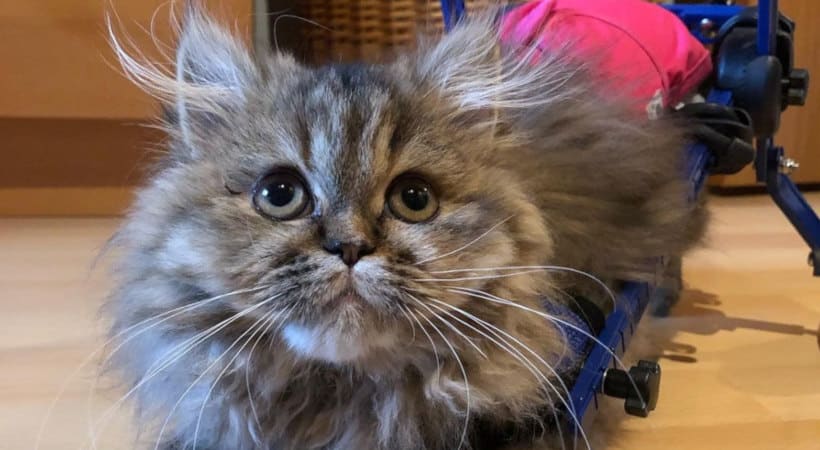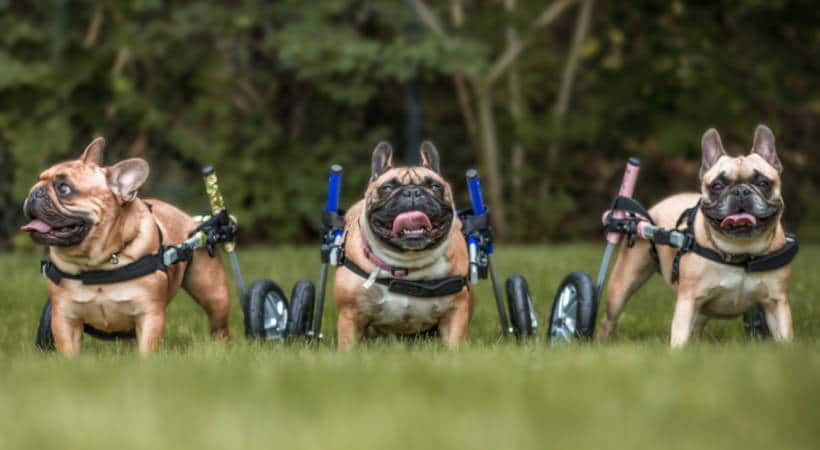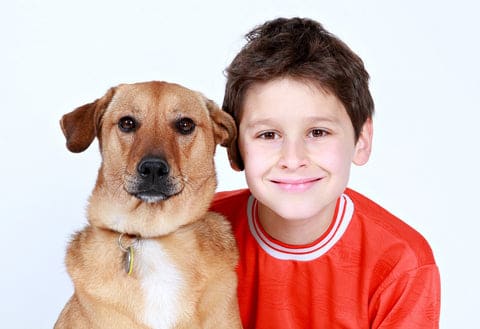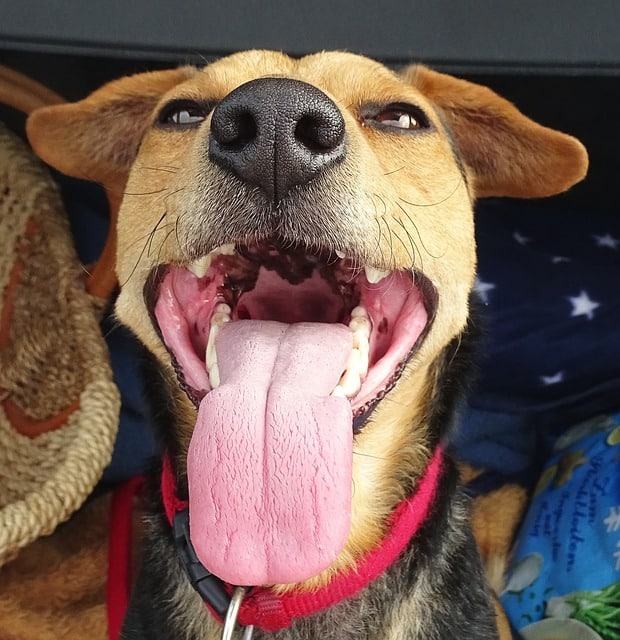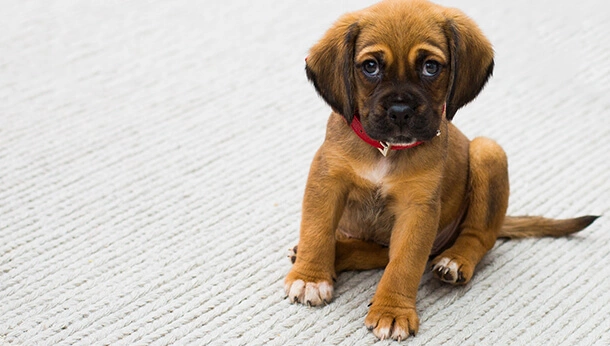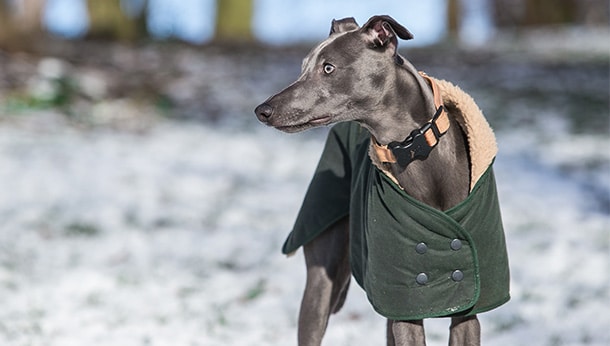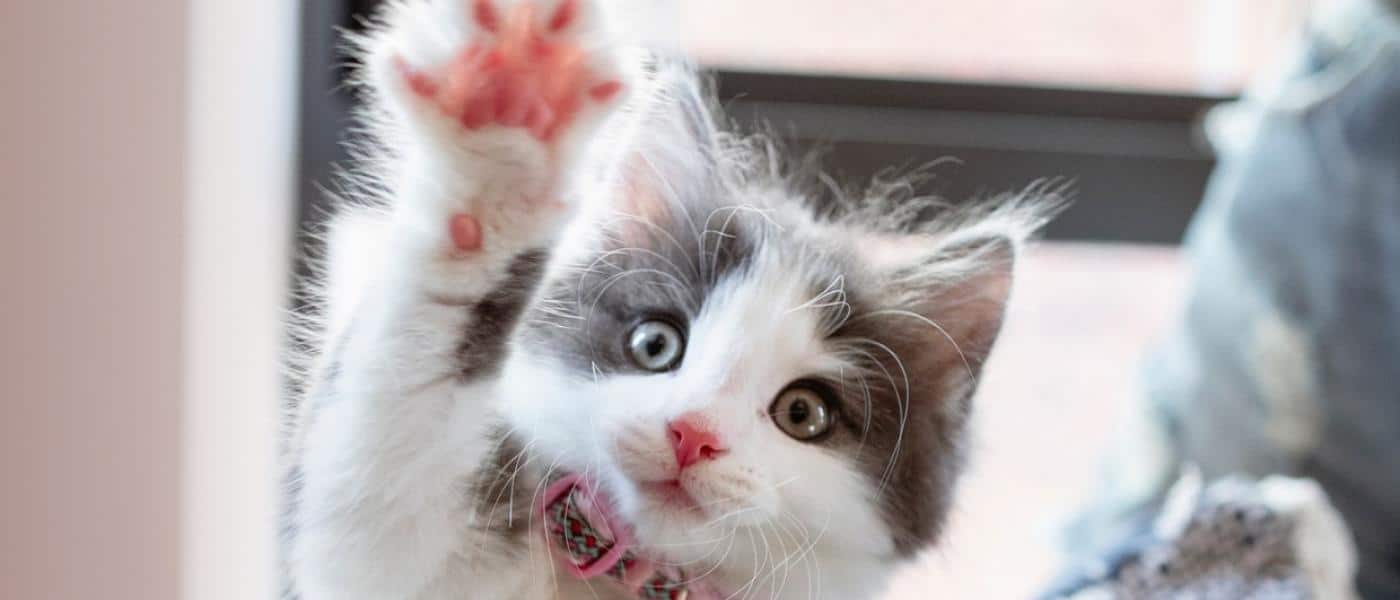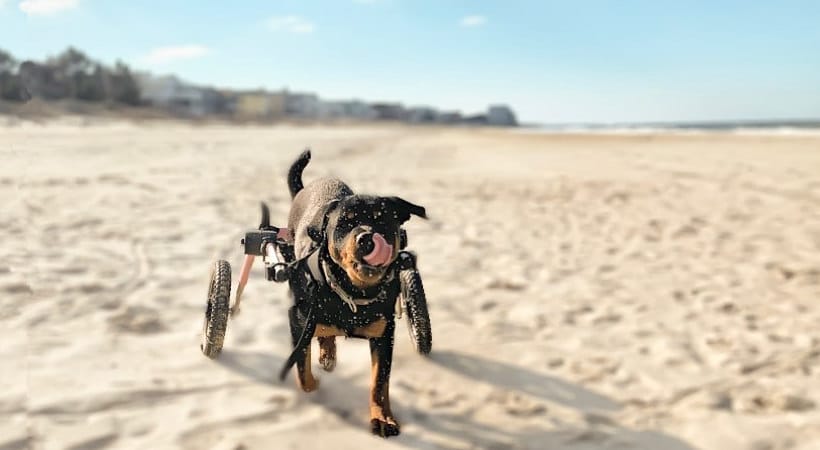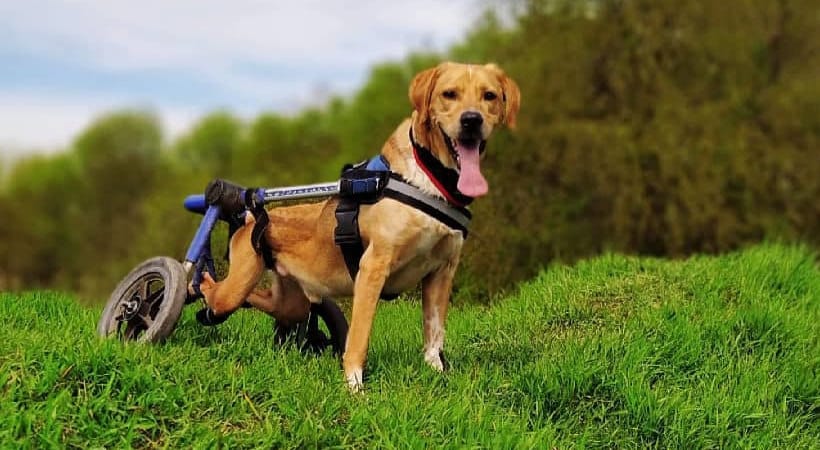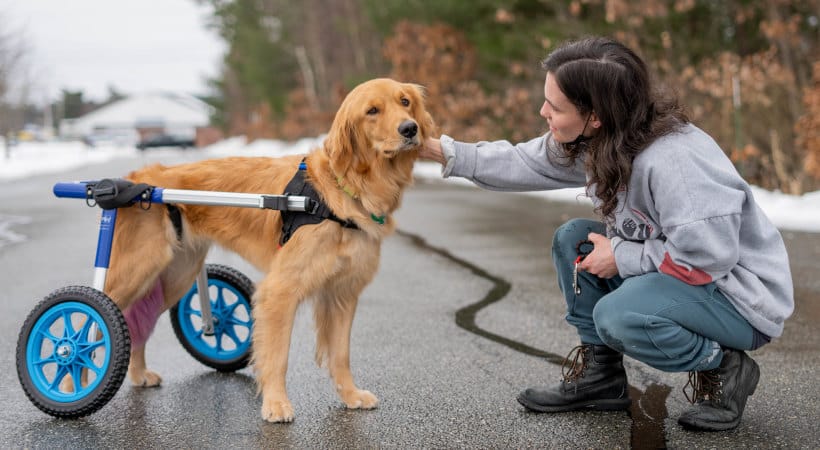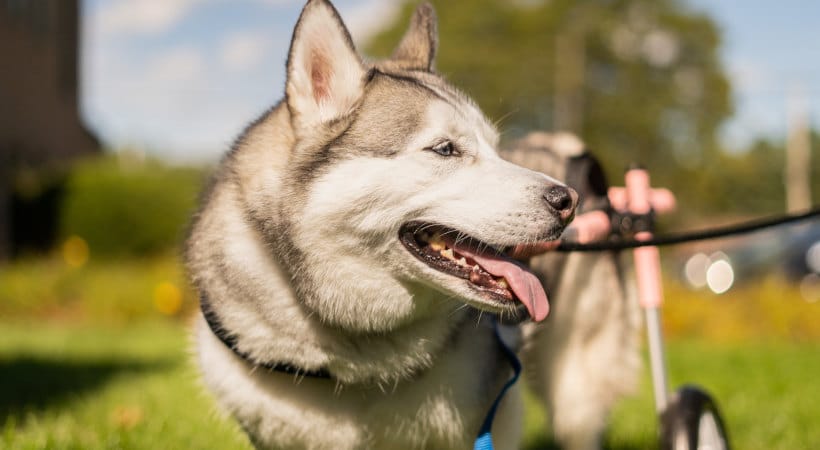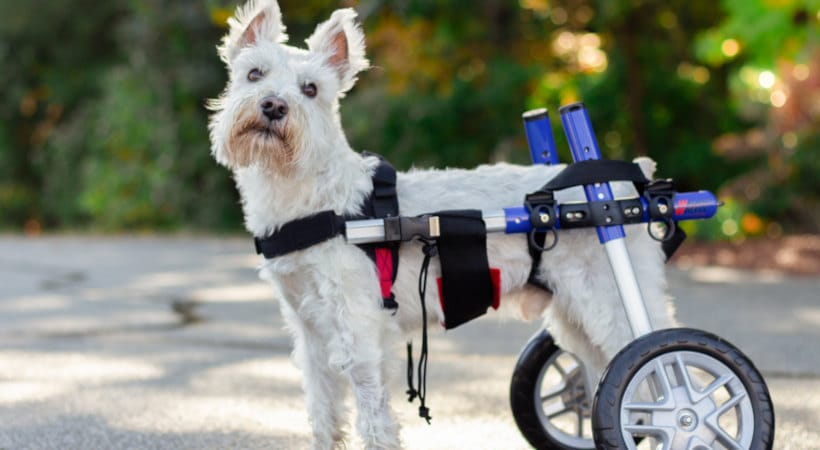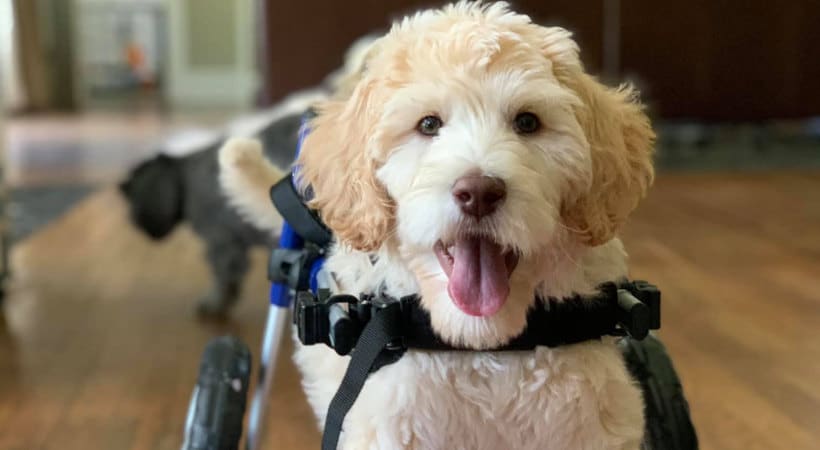Maine Coon cats are popular for their majestic fur and fluffy tail. People often refer to them as gentle giants. Each Maine coon cat has a unique personality, just like us humans. They tend to be accepting of other pets, are quite forgiving, and have a jolly and social nature with a gentle attitude.
Compared with other cat breeds, the Maine Coon cat grows relatively slowly. The average weight of a Maine Coon cat varies between 8 and 18 pounds, depending on their diet and gender. This is why it’s crucial to take extra care of their diet as they tend to become overweight.
If you wish to get another cat or dog, you’ll be glad to know that Maine Coon cats are very friendly and will wholeheartedly welcome the new family pet.
Living with a Maine Coon cat means free entertainment every day. These furry friends are devoted to making you and your family happy, so it’s a no-brainer that we want them to live long and healthy lives. Our main priority is our Maine Coon Cat’s health, and it is crucial to know what health issues they are most susceptible to.
Below, we’ve listed four health issues that Maine Coon Cat owners should be aware of. Please keep reading to find out what they are.
Hip Dysplasia
There’s a reason why Maine Coon cats are called gentle giants. They’re relatively large compared to other cat breeds. Research studies have shown a correlation between body mass and hip dysplasia.
Since Maine Coon cats are larger with large body mass, they’re more susceptible to developing hip dysplasia, a condition in which there is a misalignment of the ball and socket joint.
To help you visualize this better, consider the hip bone (acetabulum) as a hollow, circular socket and the thigh bone (femur) as a ball. Usually, the ball should fit perfectly into the hollow socket and move properly in normal cats.
However, cats with hip dysplasia will have a femur (thigh bone) that cannot move smoothly, resulting in grinding against the hollow socket (acetabulum).
Some of the symptoms of hip dysplasia in Maine Coon cats include:
- Limping.
- Continuous licking near the hip area.
- Reduced activity.
- Reduced range of motion.
Another factor that can contribute to hip dysplasia in Maine Coon cats is age. Hip dysplasia can develop between 3 months and five years of age. Dysplasia is a genetic disorder.
If the condition is left unattended, it can develop into arthritis or a hip labral tear. We recommend visiting a veterinary doctor as soon as you notice limping or unusual behavior in your Maine Coon cat.
The vet may prescribe anti-inflammatory medications to help manage the condition. Cat wheelchairs are also an option to make life easier for cats with hip dysplasia.
Unfortunately, not much can be done for the prevention of the disease. It is mainly associated with genetics and age. However, certain precautionary measures can help minimize the risk, such as weight maintenance and frequent exercise.
Spinal Muscular Atrophy
Spinal muscular atrophy is the degeneration of motor neurons that control the limbs. It is a genetically inherited disease. The affected cat has decreased muscle tone and general muscle weakness.
Some of the signs and symptoms of Spinal Muscular Atrophy are:
- Muscle tremors.
- Muscle weakness.
- Irregular gait.
- Loss of muscle mass in hind legs.
Maine Coon cats carry a recessive gene responsible for spinal muscular atrophy. The cat must inherit the gene from both parents to develop this condition.
Symptoms usually start to appear within 3 to 4 months of age. As the disease progresses, Maine Coon cats with spinal muscular atrophy may lose movement entirely in the hind limbs. To help your feline friends move around more easily, we highly recommend getting a cat wheelchair.
Again, it’s best to take your fuzzy friend to a veterinary doctor as soon as the symptoms appear. Although spinal muscular atrophy in cats isn’t curable, there are specific steps you can still take to ensure your Maine Coon cat lives a healthy and happy life.
Feline Hypertrophic Cardiomyopathy (HCM)
Feline hypertrophic cardiomyopathy can be defined as the thickening of the heart’s muscular walls. Consequently, the efficiency of the heart is reduced, and as a result, there is an abnormal relaxation of the muscles.
An affected Maine Coon cat may not show any symptoms during the early stages of this disease. Symptoms that usually appear in later stages of feline hypertrophic cardiomyopathy include:
- Difficulty breathing.
- Open mouth breathing.
- Lethargy.
- Abnormal heart rate.
Studies indicate that the primary cause of this condition is a genetic mutation that makes Maine Coon cats more prone to feline hypertrophic cardiomyopathy. As the disease progresses, the affected cat is at risk of other health issues, including congestive heart failure and thromboembolism.
Some Maine Coon cats may develop the diseases at three years of age, whereas others may remain unaffected until 8 to 9 years of age.
It’s essential to keep a close eye on your Maine Coon cats as they grow older. If you notice the signs and symptoms listed above, we highly recommend that you take your Maine Coon cat to the vet as soon as possible.
The vet may prescribe medications to improve your feline friend’s quality of life and minimize fatality risks and disease progression.
Although this condition is unavoidable, providing your feline family member with a healthy and nutritious diet can ensure a healthy heart.
Polycystic Kidney Disease (PKD)
Lastly, Maine Coon Cats may be born with an inherited condition called polycystic kidney disease.
If the Maine Coon kittens inherit polycystic kidney disease, they will be born with cysts in their kidneys. PKD is when they have many cysts or pockets of fluids in their kidneys.
As the kittens grow, the size of their cyst also increases. Over time, the kidney tissues become damaged and slowly lose activity.
Ultimately, the Maine Coon cat will suffer from permanent kidney failure.
The tricky part is that cat owners may not even realize their four-legged friends have this condition until it may be a bit too late.
That’s because it usually takes years for the cysts and the reduced kidney function to be noticed. Maine Coon cats with PKD may start showing symptoms of kidney failure or chronic kidney disease at around 8 to 11 years of age.
Some of the symptoms of polycystic kidney disease include the following:
- Nausea.
- Vomiting.
- Weight loss.
- Lethargy.
- Loss of appetite.
- Blood in the urine.
If you suspect your feline companion has PKD, consult your vet and discuss available treatment options.
If the disease is left unattended and untreated, it may cause other health problems such as high blood pressure and heart failure.
Although preventing a genetically inherited disease is impossible, preventive measures can be taken to minimize the risk. The only known prevention method includes genetic testing of Maine Coon cats.
Final Thoughts
Maine Coon cats are an absolute delight. They are lovely, affectionate, loving pets that fill your life with happiness and joy. However, Maine Coons are linked to various health problems. Getting your Maine Coon cat tested for all the potential diseases is essential to help them live a happy and prolonged life.

